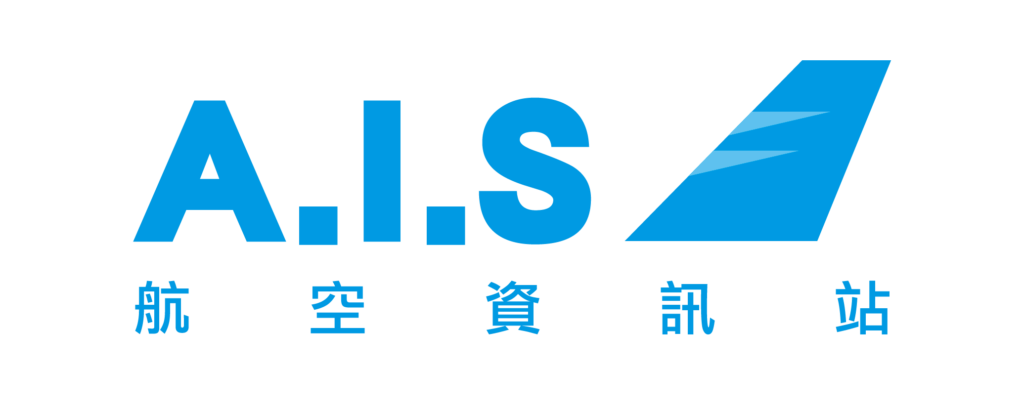Managers and senior leaders don’t always get along.
Whether you’re a member of the CEO’s executive team charged with making the chief’s vision a reality, or a middle manager working on a project with another manager, disagreements and perceived slights happen, especially when the lines of authority are unclear or overlapping.
The question is: How can you settle the issue before it escalates?
經理和資深主管並不總是相處融洽。
無論您是負責實踐首席執行官願景的執行團隊成員,還是與另一位經理一起進行項目工作的中層經理,分歧和受人輕蔑的感覺會發生,尤其是當權限界限不明確或重疊時。
問題是:如何在問題惡化之前解決它?
View disagreement as a positive
把分歧視為是積極的
Few people enjoy being challenged or going to the mat every time they’re at loggerheads with someone else.
What we tend to do is shout our truth at everyone else. And we’re amazed that no one wants to listen.
But at work disagreements should be expected, according to psychologist Liane Davey, who advises corporate leadership teams on managing conflict.
“We should always find tension between leaders. Always. Otherwise, no one is pushing enough,” said Davey, author of The Good Fight: Use Productive Conflict to Get Your Team and Organization Back on Track.
That’s because each party brings a different agenda to the table based on their function. The head of operations may see things differently than the head of sales, who may see things differently than the head of finance.
The goal with any disagreement is to figure out if you can solve for both of your concerns, and map out the implications of any proposed move for all sides.
But when disagreements are handled poorly and bad feelings fester, “productive tension can turn into corrosive friction,” Davey noted.
That’s especially a risk when you each think you have final say on a decision and the big boss won’t make clear where everyone stands. It’s also a risk when neither of you makes an effort to understand where the other is coming from.
很少有人喜歡被挑戰或是每次當跟別人有意見不合的時候,開展任何方面的爭鬥。
我們傾向做的是對其他人大聲疾呼自己的事實。我們很驚訝沒有人願意聽。
但是,心理學家利亞恩·戴維(Liane Davey)專門為企業領導團隊提供有關處理衝突的建議,表示在工作中的分歧應該被尊重。
我們應該經常發現領導人之間的緊張關係。總是。否則,沒有人會竭力推動。”“善戰:利用生產性衝突使您的團隊和組織重回正軌”的作者戴維說。
這是因為每一方都根據各自的職能將不同的議程帶到會議桌。運營主管可能會看到與銷售主管不同的事物,銷售主管可能會看到與財務主管不同的事物。
如有任何分歧,我們的目標是弄清楚您是否可以解決您的兩個問題,並確定任何提議的舉動對各方的影響。
但是,當分歧處理不善且心情不好惡化時,戴維指出:“生產張力會變成腐蝕性摩擦。”
當你們每個人都認為自己擁有最終決定權,而大老闆卻不清楚每個人的立場時,這尤其是一種風險。當你們倆都不努力了解對方來自何方時,這也是一種風險。
Get curious before getting mad
生氣前先好奇
You may be tempted to assume the person disagreeing with you is arrogant, guilty of overstepping or just plain wrong.
But if you ask questions to find out what’s really important to those who oppose you and then echo back what you heard, you’ll disarm them and lay a foundation for trust and respect.
“What we tend to do is shout our truth at everyone else. And we’re amazed that no one wants to listen,” Davey said. “But if you validate me and my right to have a different opinion, and you spoke my truth, I’m going to listen to you in such a different way.”
When things are really fraught, take time to prepare for such a levelheaded exchange of truths. Consider what the other person’s institutional power and vulnerabilities are, and where yours are too, said Eugene B. Kogan, who teaches managers and executives how to use power effectively at Harvard’s Professional Development Programs.
Then agree to have a conversation with each other in a neutral place, not in your office or theirs. Don’t bring a laptop, since that can be perceived as walling yourself off from others, Kogan said. If you’re in different places geographically, talk to each other face-to-face on Zoom or Skype. Whatever you do, do not use email to settle things. “It will be a spiral in which you can never get out,” he said.
您可能會假設與您意見不同的人是自高自大,犯了過失責任或完全是錯誤的。
但是,如果您提出問題以找出對反對您的人真正重要的事情,反思您所聽到的話,您將會消除對他們的敵意並為信任和尊重奠定基礎。
我們傾向於做的是對其他人大聲疾呼自己的事實。達維說:“我們很驚訝沒有人願意聽。但是,如果您確認我和我有不同意見的權利,並且您說出了我的真相,那麼我將以一種不同的方式來聽您的意見。
當事情真的很麻煩時,請花些時間為這種坦率的真理交流做準備。 Eugene B. Kogan說,請考慮一下對方的機構力量和脆弱性,以及您所在的機構在哪裡,在哈佛大學的專業發展計劃中教經理和高管如何有效利用權力。
然後,同意在中立的地方進行對話,而不是在您的辦公室或他們的辦公室中。 Kogan說,不要帶筆記本電腦,因為這可能會使自己與他人隔離。如果地理位置在不同的地方,請在Zoom或Skype上面對面交談。無論您做什麼,都不要使用電子郵件解決問題。他說:“這將是一個螺旋形,永遠無法擺脫。”
Decide whether it’s worth the fight
決定是否值得一戰
The good news: You don’t need to push to win on everything.
If you’re having a hard time resolving the issue, assess how important it is to you.
“Diagnose whether it’s central to your job. What’s the cost of fighting?” Kogan said.
For example, is the dispute really about a process issue that won’t affect the project’s outcome, which everyone is on board with? And what are the knock-on effects of either forcefully pushing for your position or yielding?
“Ask yourself, ‘What happens to me if I don’t go to the mat? What are the positive and negative implications?” said Jeanne Brett, professor of dispute resolution and organizations at the Kellogg School of Management.
For instance,Brett said, “if you don’t stand up for your team you might wonder ‘How am I going to face them tomorrow?'”
If you decide something is worth fighting for, always keep it professional.
“Find a way that’s manageable and leaves both sides feeling like they’ve been treated with respect,” Kogan said.
好消息:您無需全力以赴。
如果您在解決問題上遇到困難,請評估它對您的重要性。
診斷它是否對您的工作至關重要。吵架的成本是多少?”高根說。
例如,每個人都參與其中的計畫,是否爭執只是過程,不會影響項目成果?強制推動您的職位或屈服有哪些連鎖反應?
“問問自己,’如果不參加爭辯,我會發生什麼?正面和負面的影響是什麼?”凱洛格商學院爭端解決與組織教授珍妮·布雷特(Jeanne Brett)說。
例如,布雷特說:“如果您不支持您的團隊,您可能會想,’明天我將如何面對他們?’”









